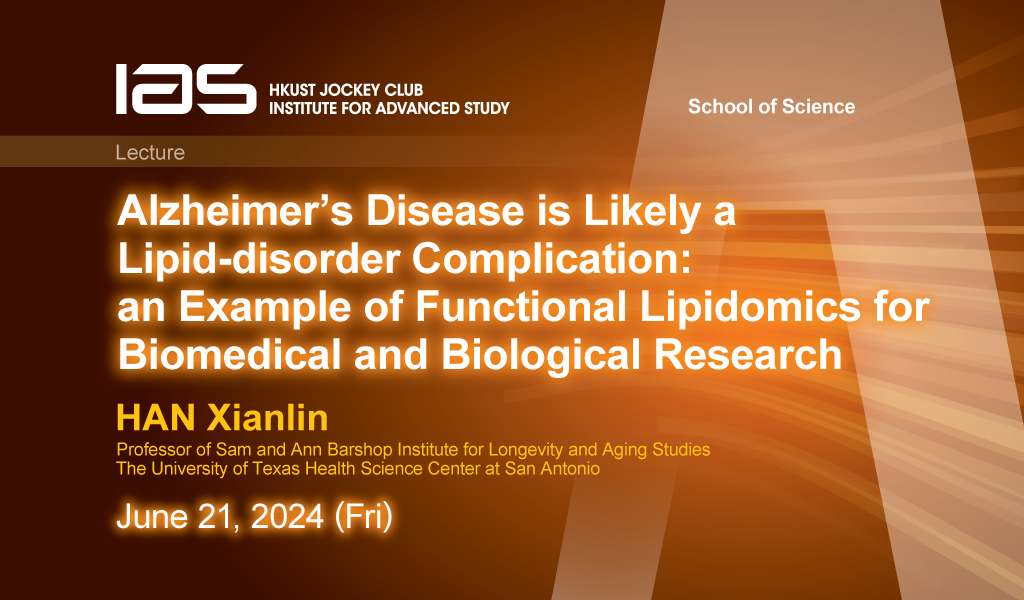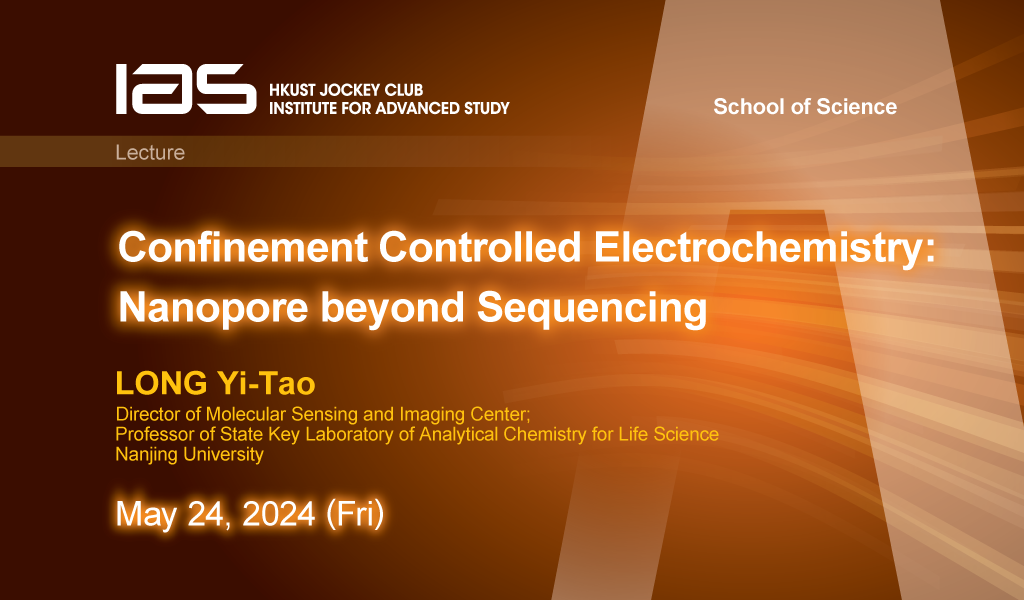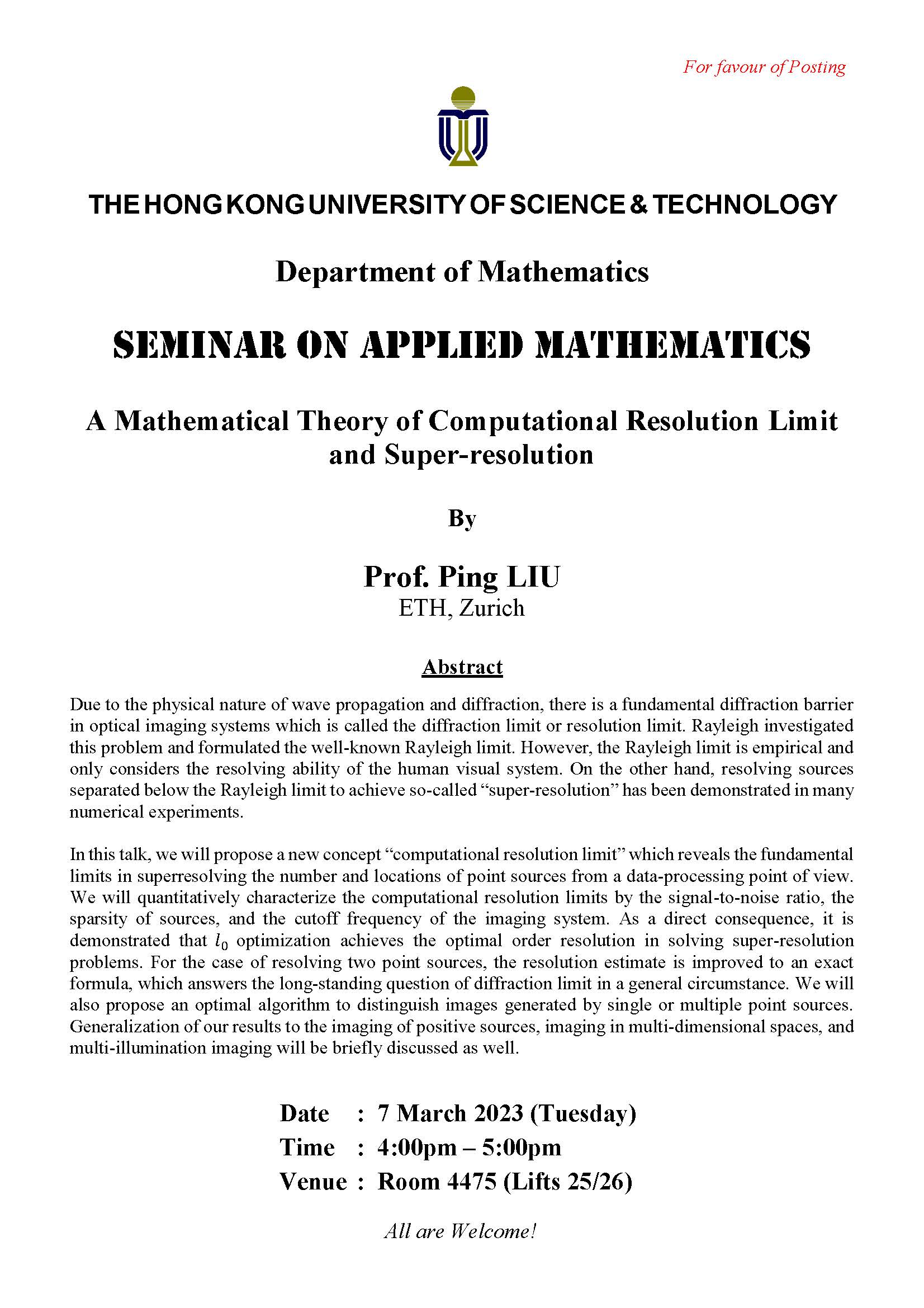Due to the physical nature of wave propagation and diffraction, there is a fundamental diffraction barrier in optical imaging systems which is called the diffraction limit or resolution limit. Rayleigh investigated this problem and formulated the well-known Rayleigh limit. However, the Rayleigh limit is empirical and only considers the resolving ability of the human visual system. On the other hand, resolving sources separated below the Rayleigh limit to achieve so-called “super-resolution” has been demonstrated in many numerical experiments.
In this talk, we will propose a new concept “computational resolution limit” which reveals the fundamental limits in superresolving the number and locations of point sources from a data-processing point of view. We will quantitatively characterize the computational resolution limits by the signal-to-noise ratio, the sparsity of sources, and the cutoff frequency of the imaging system. As a direct consequence, it is demonstrated that l0 optimization achieves the optimal order resolution in solving super-resolution problems. For the case of resolving two point sources, the resolution estimate is improved to an exact formula, which answers the long-standing question of diffraction limit in a general circumstance. We will also propose an optimal algorithm to distinguish images generated by single or multiple point sources. Generalization of our results to the imaging of positive sources, imaging in multi-dimensional spaces, and multi-illumination imaging will be briefly discussed as well.

ETH, Zurich



